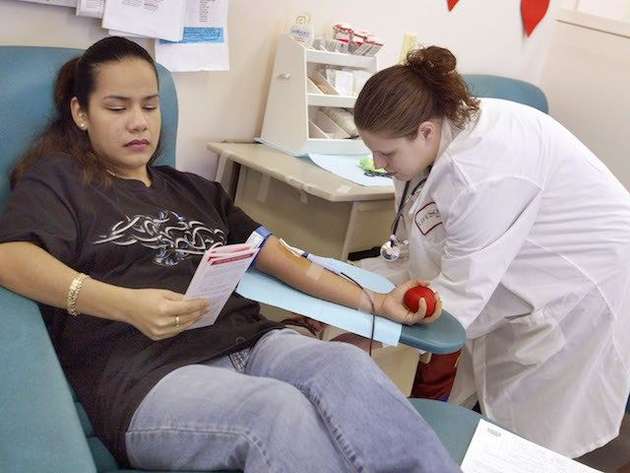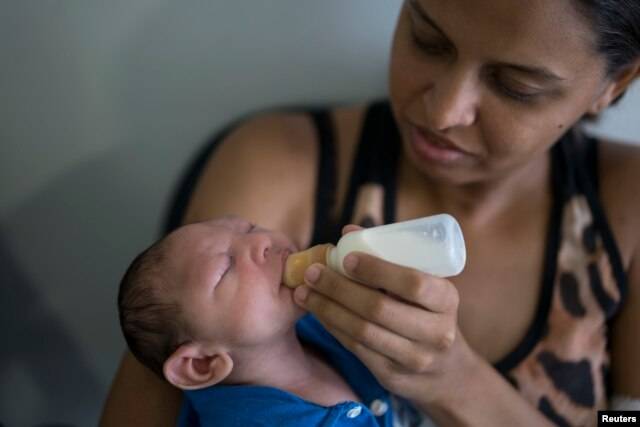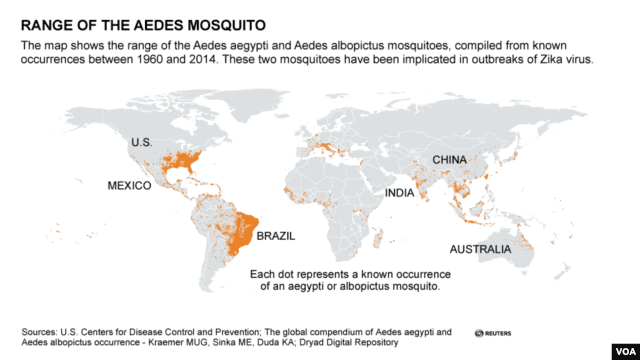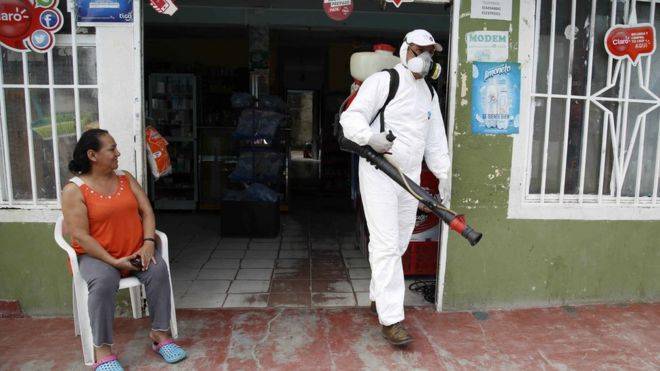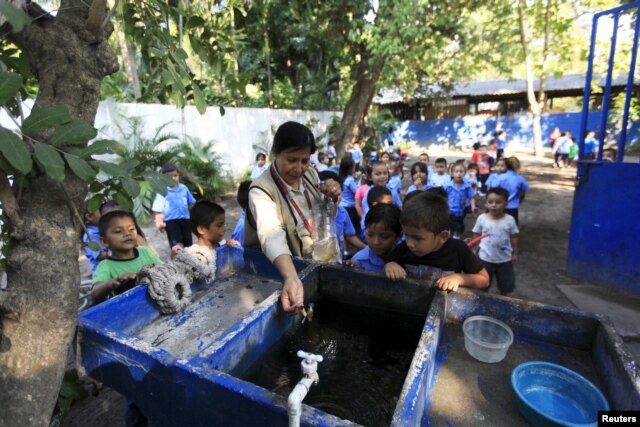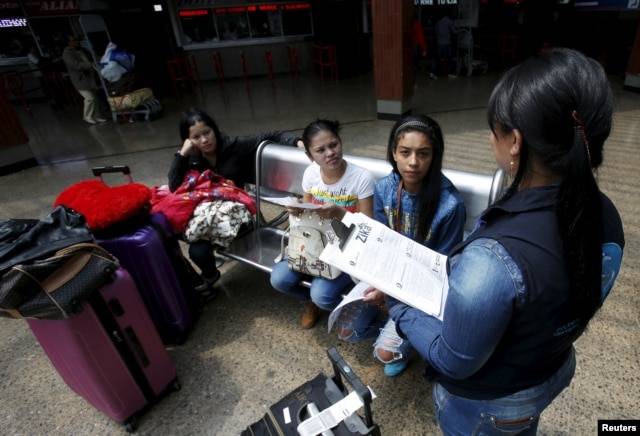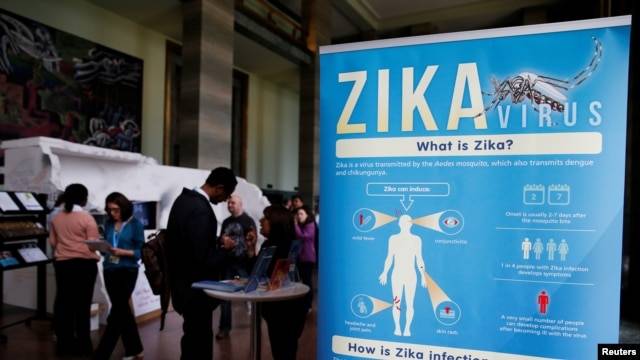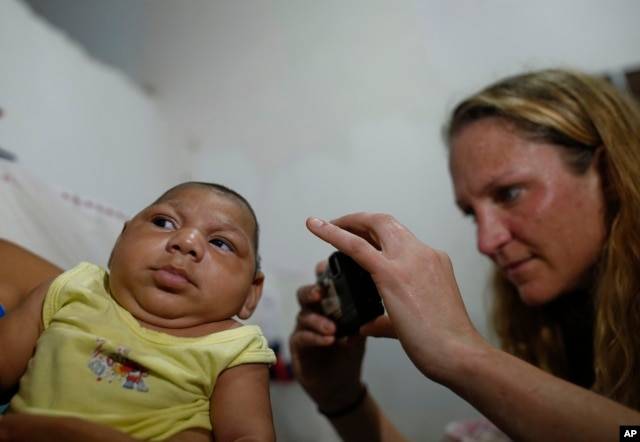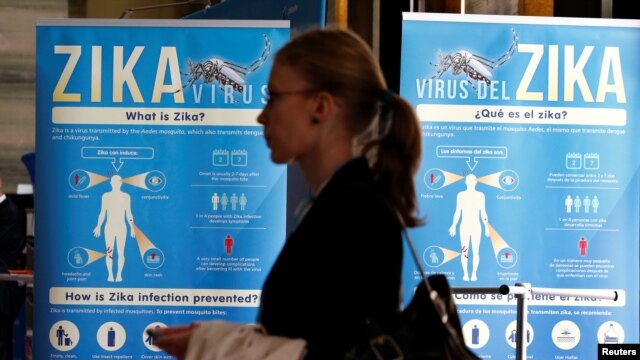- Nov 29, 2008
- 25,786
- 11,295
- 940
Is the Zika virus is being used to cover-up the fact that pregnant Brazillian women were mandated to take Tdap vaccine shots in 2014? WHO recommended, Brazil's medical team went for it and some even here in the United States. There are now a whole lot of babies born with a claim that Zika is the cause in Brazil baby malformations. It appears most likely the mandatory Tdap required vaccine for all pregnant women in Brazil in late 2014 is related 4,000 cases of babies with microcephaly.
Tdap Vaccinations for All Pregnant Women in Brazil Mandated in Late 2014
Tdap Vaccinations for All Pregnant Women in Brazil Mandated in Late 2014




